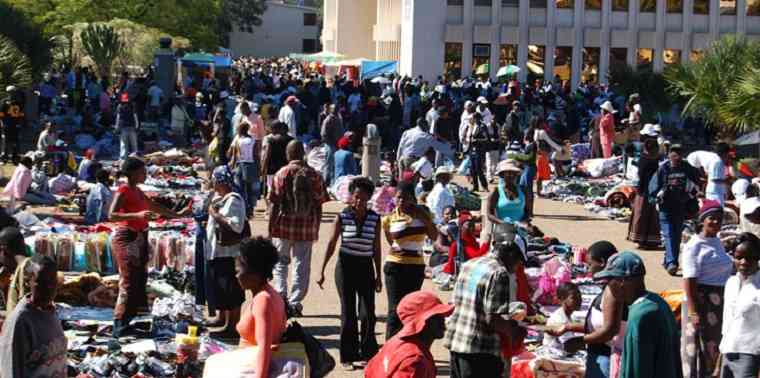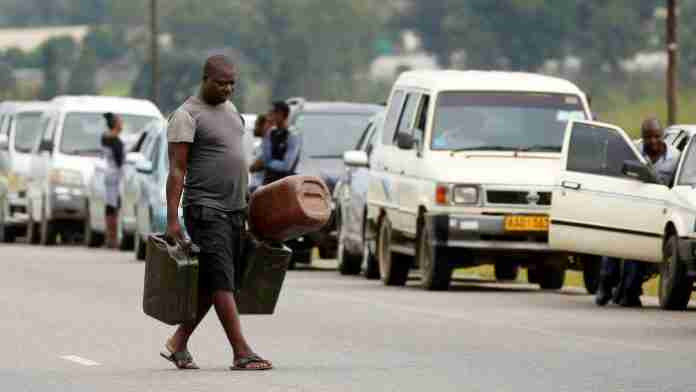
The results of Zimbabwe’s inaugural economic census should jolt the authorities into revising the country’s policies that hinder growth and discourage meaningful investments.
According to the census conducted by the Zimbabwe National Statistics Agency (ZimStat) between June 2024 and March this year, the economy has become largely informal and is driven by trading.
ZimStat announced last week that it found out that out of the 204 798 operations or establishments it assessed during the period, 76.1% were informal and were not registered with the Companies Registry, Zimbabwe Revenue Authority and the National Social Security Authority.
It was also revealed that 88% of the companies that were surveyed were micro-enterprises and that 71,13% of the firms that were captured in the survey were traders.
Only 8,24% of the surveyed companies were manufacturers and of the 17 877 establishments that were in manufacturing, just 19% were formal.
A staggering 89,42% of the 204 798 operations were owned by individuals. Another interesting statistic was that Bulawayo has the highest number of registered business operations in Zimbabwe and not the capital Harare.
There are many challenges associated with an informal economy, which include the fact that the government does not benefit in the way of taxes.
This could explain why Zimbabweans are among some of the most taxed people in the world because the pool for taxpayers is very shallow.
- War over super car stuck in river
- Zimra seizes CCC campaign vehicle
- Thousands flee economic mess
- ZimStat undertakes to pay enumerators
Keep Reading
High taxes are a big disincentive for investment and this why despite being endowed with a rich array of natural resources; Zimbabwe continues to struggle to attract meaningful foreign investments.
There are other factors that also come into the picture such as endemic corruption, currency problems, policy inconsistences, weak laws protecting property rights, poor infrastructure and political instability, among others.
Zimbabwe once had a strong manufacturing sector, but that competitive advantage has been eroded in the past two decades due to economic mismanagement and currency problems that intensified post 2000.
The results of the economic census must force the authorities to move from their comfort zone and start implementing policies that promote economic growth and create jobs.
There is a business case in reviving Bulawayo as the country’s economic hub through deliberate policies such as the creation of special economic zones in the city to promote the growth of export oriented companies.
It cannot be business as usual in the aftermath of such sobering findings. Rhetoric such as Zimbabwe is open business is simply not enough to turn the tide.











